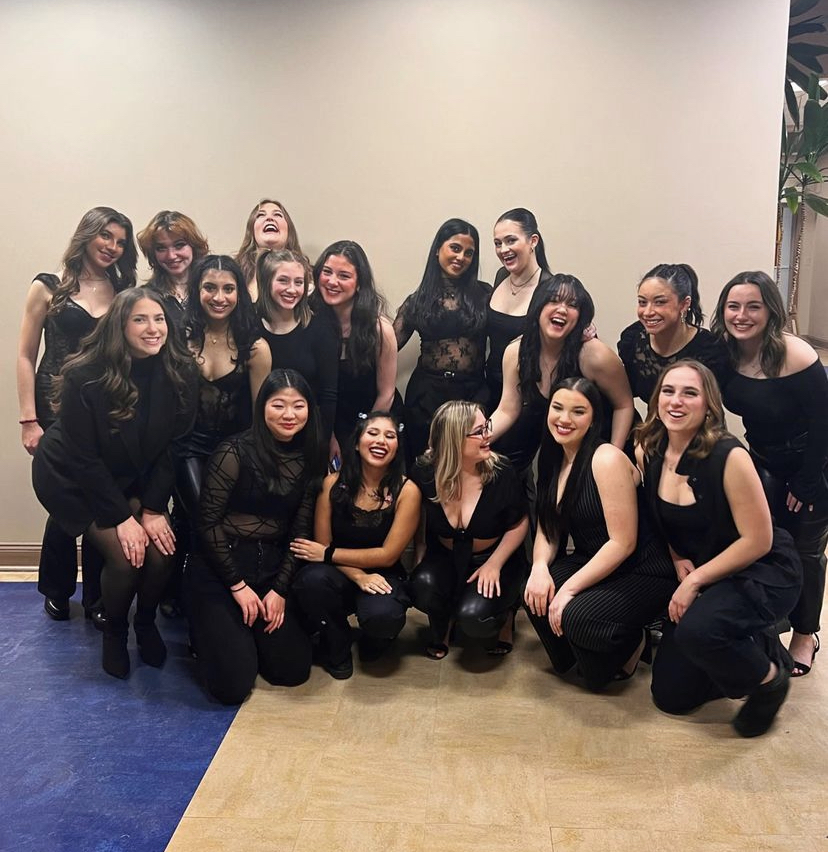When I was touring colleges, my parents advised me to pick up a student newspaper from every university that we visited. This served two purposes. The first was that I, a prospective college student journalist, would get a sense of how college student journalists wrote. The second reason was that I could get a feel for the university: what kind of events were going on at the school? What were the students interested in? Were their sports teams any good?
To be honest with you, I never read one of those newspapers. I dutifully picked them up, along with every brochure that was offered to me, and put them in my backpack where they eventually became crumpled beyond recognition. I can’t tell you whether it was worth it or not to read college newspapers as a prospective student, but I can tell you that now that you’re actually enrolled in a university, you should definitely take the time to rifle through student publications.
There is so much variety to student publications besides your ordinary cut and dry newspaper (those are still worth your attention, though!).
There’s Mode Magazine, for all fashion lovers and those interested in graphic and digital design. If you have a battered composition notebook filled with poetry and short stories, take a look at Ampersand magazine or Bricolage, Fordham’s online comparative literature journal. More of a STEM kid than a journalism major? Check out BioMag to see what your fellow collegiate scientists are studying. The bottom line is that, whatever you’re into and obsessed with, odds are that other people are too and that there’s a student publication dedicated to it. Just take a look through any of the magazine racks at the entrance to virtually every building on campus to find one.
Eventually, the hope is that the interested reader will graduate to enthusiastic writer or editor for whichever publication grabs their attention. And while I could give you a spiel about how your contributions to and collaboration with publications keep them alive and running for years to come, the more individual reason is that writing will help you personally grow.
In college, no matter what you’re studying, you are bound to be doing some writing whether you like it or not. If you find that you have an interest in writing and storytelling and want to keep experimenting with your voice, there is really no better avenue for that exploration than at student publications. You can take risks — creative and stylistic — that may not be acceptable to your Composition II professor. Student journalism writing can open up so many doors of self expression, and you should not waste that opportunity.
Joining student publications also means you can collaborate with peers who not only share your interest in whatever that subject is, but also similar goals. Such groups are a great way to make friends because you have already cut through some of the red tape of small talk — you have already found a commonality with the people in the group. If you want to feel seen, both in your personal and professional efforts and by a supportive community, you should get involved with a student publication.
I understand that this argument can sound a little biased coming from the Opinion Editor.
If you don’t want to take just my word for it, take Assistant News Editor Grace Galbreath’s or Social Media Director Rory Donahue’s, my fellow editors who wrote about how their involvement in the Ram positively influenced their college experience and led to self discovery.
Even if you don’t read or write for The Fordham Ram (please do, though), I implore you to get involved in some form with our school’s other publications. Doing so will help you gain a stronger foothold here at Fordham, and maybe help you find a part of yourself along the way.












































































































































































































